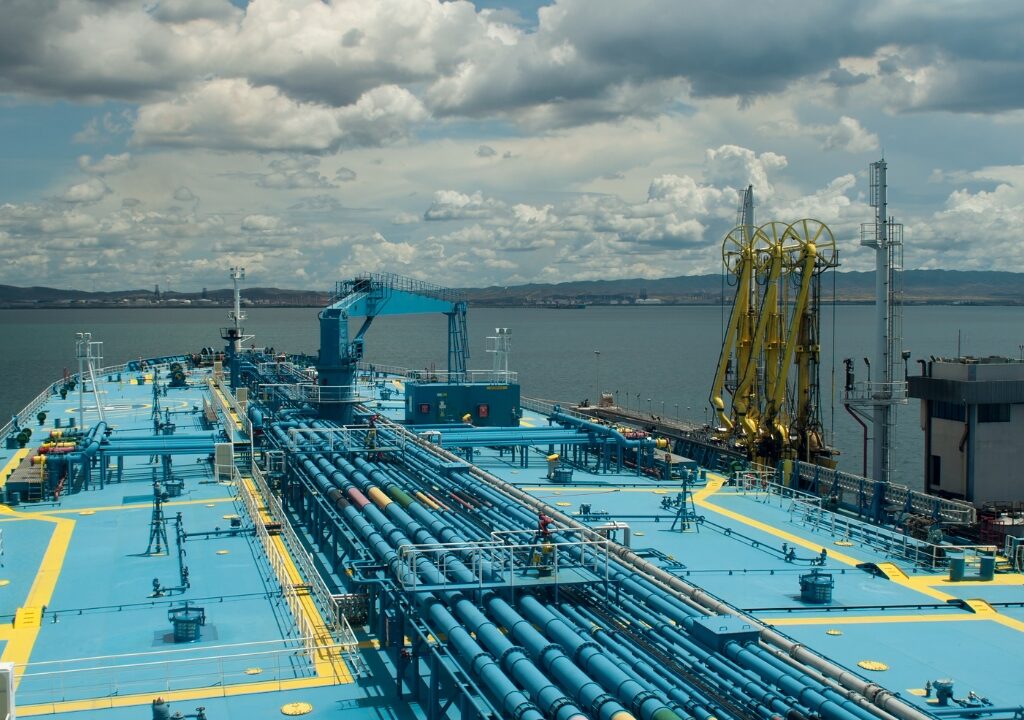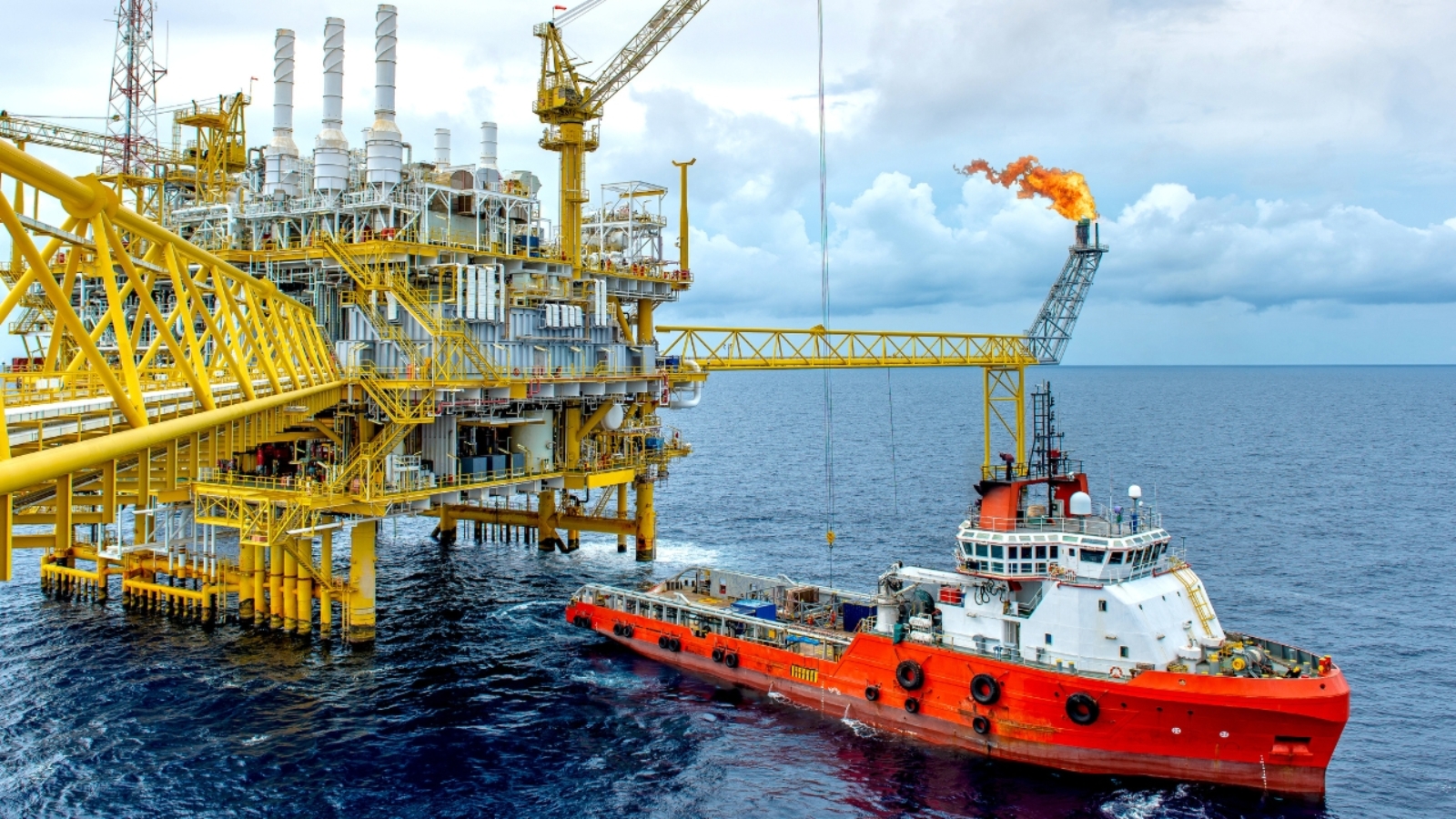Introduction
In the vast landscape of energy production, few resources hold as much significance as crude oil. This fossil fuel powers industries, fuels transportation, and serves as a cornerstone of modern life. However, the extraction of crude oil is a complex process that relies heavily on advanced technology to unlock its potential. In this blog post, we’ll delve into the crucial role that technology plays in crude oil extraction, exploring its innovations, challenges, and implications for the future.
The Evolution of Crude Oil Extraction Technology
Crude oil extraction has come a long way since the early days of hand-dug wells. Today, cutting-edge technology drives the industry forward, enabling efficient and sustainable extraction methods. Here are some key technological advancements that have revolutionized crude oil extraction.
1. Seismic Imaging
Modern seismic imaging techniques allow geologists to accurately locate oil reservoirs beneath the Earth’s surface. By sending sound waves deep into the ground and analyzing the returning signals, geophysicists can create detailed maps of subsurface formations, guiding drilling operations with precision.
2. Horizontal Drilling
Traditional vertical drilling techniques have been complemented by horizontal drilling, which allows operators to access oil deposits located far below the surface. By drilling horizontally through layers of rock, companies can extract oil from previously inaccessible reserves, maximizing production efficiency.
3. Enhanced Crude Oil Recovery
EOR techniques, such as steam injection and chemical flooding, help to extract additional oil from reservoirs that have already been tapped. These methods can significantly increase the overall recovery rate of a well, prolonging its productive lifespan and maximizing the return on investment.
4. Automation and Robotics
Automation technology has streamlined many aspects of oil extraction, from drilling operations to well maintenance. Robotics systems can perform tasks in hazardous or hard-to-reach environments, reducing risks to human workers and improving operational efficiency.
Conclusion
Technology has transformed the landscape of crude oil extraction, enabling operators to access reserves once thought inaccessible and maximizing production efficiency. However, as the world moves towards a more sustainable energy future, the role of technology in crude oil extraction will continue to evolve, with a focus on minimizing environmental impacts and diversifying energy sources. By embracing innovation and responsible practices, the oil industry can navigate the challenges ahead while continuing to meet the world’s energy needs.
FAQ: Frequently Asked Questions about Crude Oil Extraction
Q1. What is the primary method used to extract crude oil?
A1. The primary method of crude oil extraction is drilling. This process involves drilling a hole into the Earth’s crust to access underground oil reservoirs.
Q2. How does technology improve the efficiency of crude oil extraction?
A2. Technology improves the efficiency of crude oil extraction through methods such as seismic imaging, which helps locate oil reservoirs with greater accuracy, and enhanced oil recovery techniques, which increase the amount of oil that can be extracted from a given reservoir.
Q3. What are the environmental challenges associated with crude oil extraction?
A3. Crude oil extraction can lead to environmental challenges such as habitat destruction, air and water pollution, and greenhouse gas emissions. However, advances in technology are helping to mitigate these impacts through cleaner extraction methods and stricter environmental regulations.
Q4. Can technology make crude oil extraction more sustainable?
A4. Yes, technology plays a crucial role in making crude oil extraction more sustainable. Innovations such as carbon capture and storage, renewable energy integration, and advanced drilling techniques can help reduce the environmental footprint of oil extraction operations.
Q5. What is the future of technology in crude oil extraction?
A5. The future of technology in crude oil extraction is likely to focus on further improving efficiency, reducing environmental impacts, and diversifying energy sources. This may involve continued innovation in areas such as automation, renewable energy integration, and carbon capture technology.
Follow Us on Instagram.
Read our more Blogs.
Visit Our Website.



Add a Comment